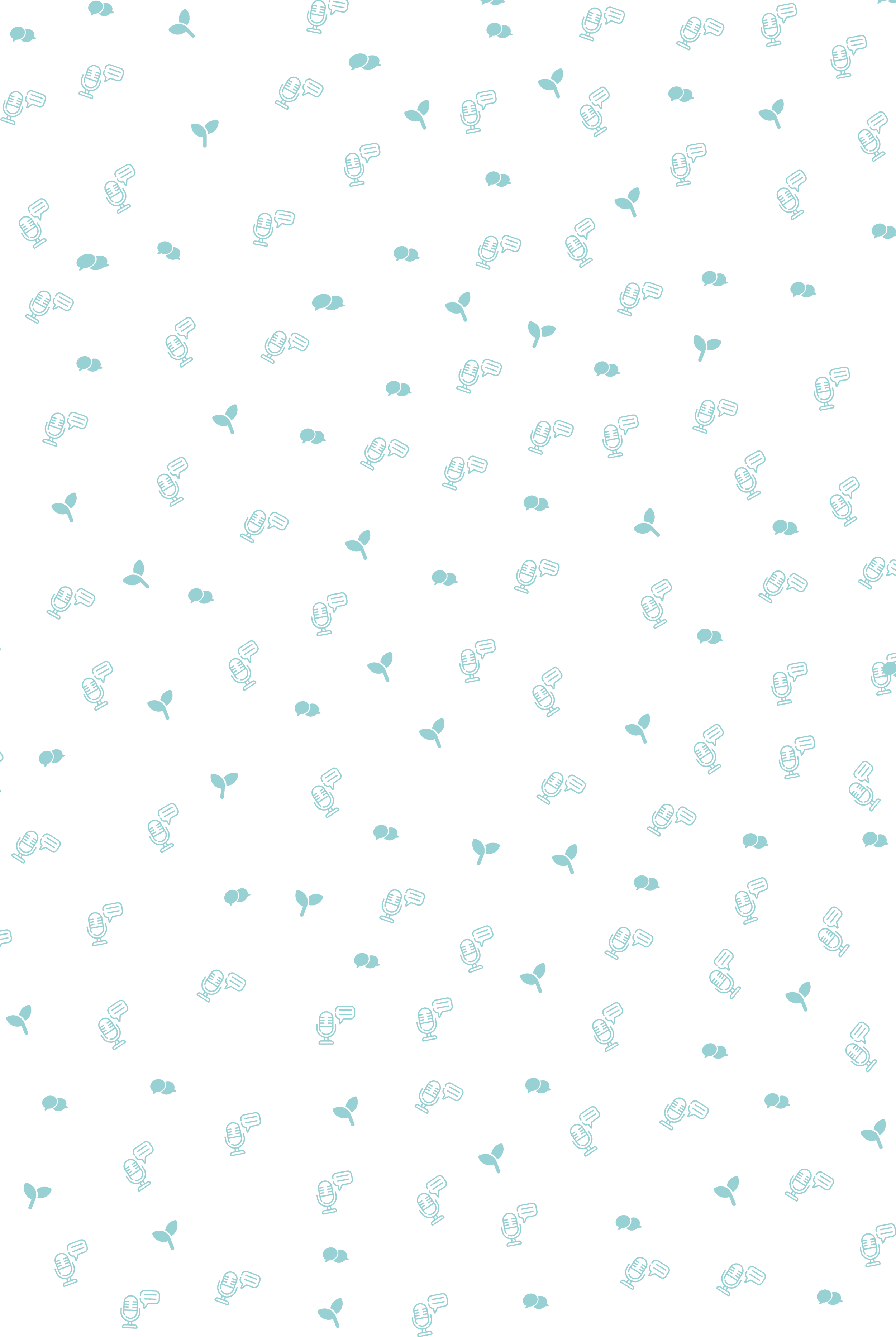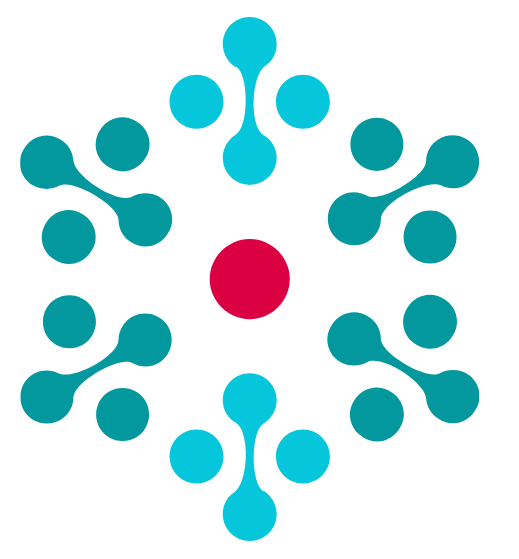Case Study: AI and Machine Learning Consultant in Alternative Proteins
Noa Weiss is an AI and machine learning consultant and the founder of Green Protein AI, a non-profit initiative by Food System Innovation that uses advanced AI to optimize plant-based meat production through extrusion process modeling.
With a background in computational cognitive science and psychology, and over 13 years of experience in data science and machine learning, Noa has worked with companies like PayPal and Armis Security. Outside of her professional work, she promotes women in tech and contributes to animal and human welfare as a mentor and advisory board member for various organizations.

This is a summary of the interview that Noa gave on the “Cultivating Careers in the Alternative Protein Industry” podcast with Jeffray Behr.
What is your position and what led you to it?
I am an AI and machine learning consultant and the founder of Green Protein AI. My background is in computational cognitive science and psychology. I’ve always been fascinated by the human mind and data. Over my 13 years in data science and machine learning, working with companies like PayPal, I realized the potential of AI to create positive impacts. I transitioned into the Alternative Protein industry to combine my technical skills with my passion for sustainability and animal welfare.
Could you explain how AI can be applied to the Alternative Protein industry?
Absolutely. AI can be a powerful tool in this field, especially where there is data available. For example, in precision fermentation, AI can work with genome data to optimize processes. However, the challenge is often the lack of public data. Techniques like active learning can help minimize the number of experiments needed. AI’s potential is vast, but it requires significant initial investment and data to be truly effective.
What is unique about Green Protein AI?
Green Protein AI focuses on using AI to model and optimize the extrusion process for plant-based meat production. We partner with Food System Innovations to leverage collective data and create models that benefit the entire industry. By addressing a critical bottleneck in production, we aim to make plant-based proteins more scalable and cost-effective.
Let's talk about your role. What tasks and projects do you work on?
My role involves identifying key problems in the Alternative Protein sector that can be solved with AI, developing models, and collaborating with various stakeholders. I also contribute to nonprofits like the Good Food Institute, Modern Agriculture Foundation, and Deep Voice, applying AI to areas like animal welfare and conservation.
How do you manage wearing so many different hats?
It’s about prioritizing and leveraging a strong team. For instance, with the Women in Data Science Israel community, I initially invested a lot of time to establish it, but now a dedicated team helps maintain it. It’s crucial to balance time and delegate effectively.
What’s your biggest challenge in your role?
The biggest challenge is the initial investment and data collection needed for AI projects. Many companies in the Alternative Protein industry are either not ready to invest in non-essential R&D or don’t have the resources to gather and utilize data effectively.
What advice do you have for job seekers wanting to enter the Alternative Protein industry?
For those transitioning from other fields, identify how your unique skills can add value to the Alternative Protein sector. For those just starting out, focus on building your skills and career capital first. Don’t rush the process; being well-prepared will make your transition smoother and more impactful.
Are you looking to start your career in the Alternative Proteins sector? Check out the Tälist job board! With hundreds of new jobs added each week, Tälist connects you with opportunities that align with your skills and passions in the sustainable food industry. Join today and be part of the future of food!

